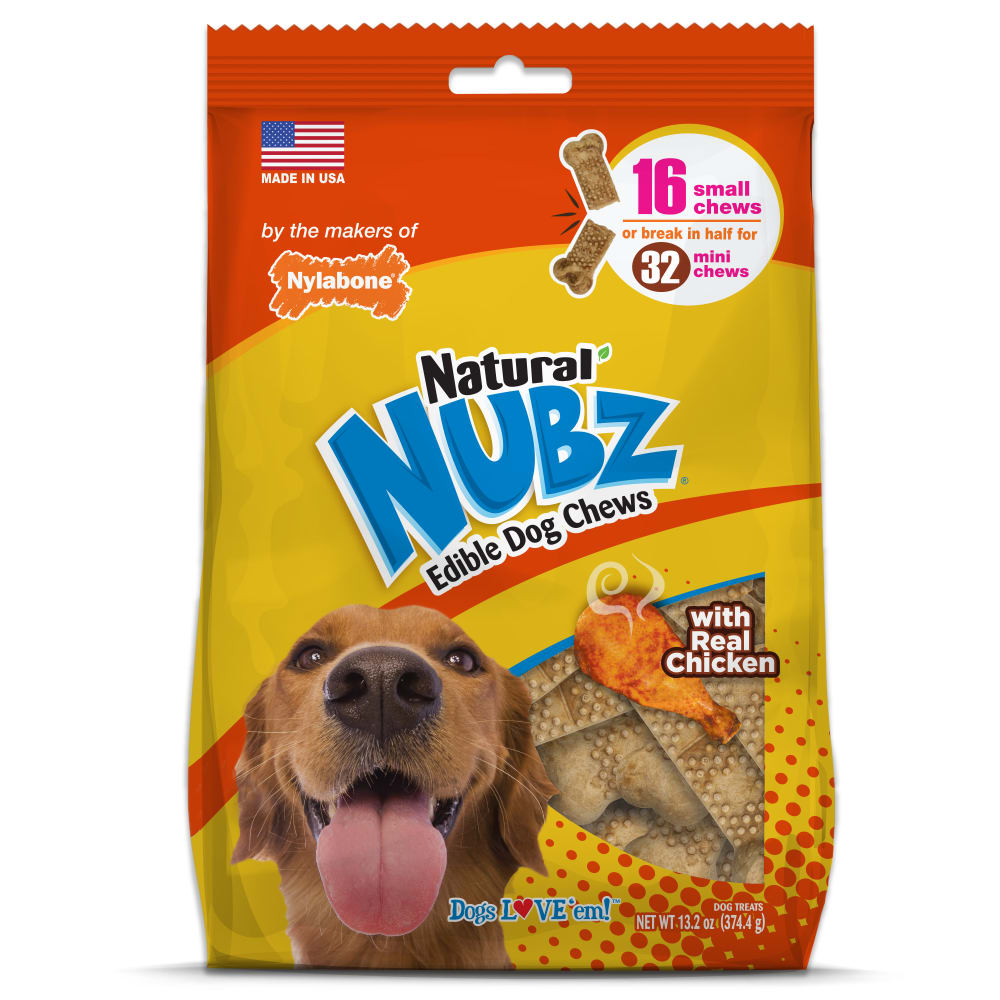How to Keep Your Dog Smelling Fresh
"Doggy odor." The phrase alone is enough to make many people hold their breath. From the classic wet dog smell to the vague scent that suggests your pet has rolled in something inappropriate, doggy odor is never pleasant to the human nose. But it can be eliminated—even better, prevented—most of the time.
Routine Bathing
Regular baths go a long way in keeping your dog smelling fresh. If your dog has a tendency to stink, consider using a deodorizing shampoo. Products that contain baking soda can be particularly helpful, as this ingredient is known for its odor-absorbing properties. Be sure you leave the shampoo on your dog for the recommended length of time. No matter how great a product smells, you must give it the proper chance to do its job.
Beyond the Bath
Bathing isn't the only part of grooming that helps keep your dog smelling clean. Brushing his coat removes dirt, dead hair, and other debris that can cause odors. Ear cleaning is also an important task that helps maintain a fresh-smelling dog. Long ears in particular can develop a yeasty odor if you don't clean them at least once a week. Don't forget that brushing your dog's teeth will keep his mouth clean and healthy as well. Teeth that are caked with plaque and tartar often produce another unpleasant doggy odor: bad breath.
Don't Just Mask Odors
Trendy canine perfumes might seem like a good option, but they don't actually clean your pet; they just cover up the odor for a little while. The unpleasant smell is sure to come through again once the fragrance wears off. Also remember that your dog's nose is much more sensitive than your own. A scent that you may find mild and pleasing may irritate or even harm your canine pet. If you do wish to use a scented spray on your dog between baths, be sure to select a product that is made for dogs. To make sure he isn't bothered by the smell, take him with you to the pet supply store and let him sniff it before you buy it.
Digestive Issues
Dealing with a flatulent dog isn't just unpleasant; it can also be embarrassing. Every dog gets gas from time to time, but if this problem becomes a common issue for your pet, take a look his diet. Some dogs can develop food intolerances that cause excessive gas. Your dog may have a hard time digesting a certain type of protein, such as beef or chicken. No matter how much he likes his current food formula, bear in mind that his belly probably isn't feeling great if he is experiencing gas. Changing his diet could help him feel—and smell—a whole lot better. Other possible causes of flatulence include:
Tammy Gagne is a freelance writer who specializes in the health and behavior of companion animals. A two-time Dog Writers Association of America writing competition nominee, she has written more than pet care books for adults and children. She lives in New England with her husband, son, and myriad furry and feathered creatures.
FOLLOW US!






